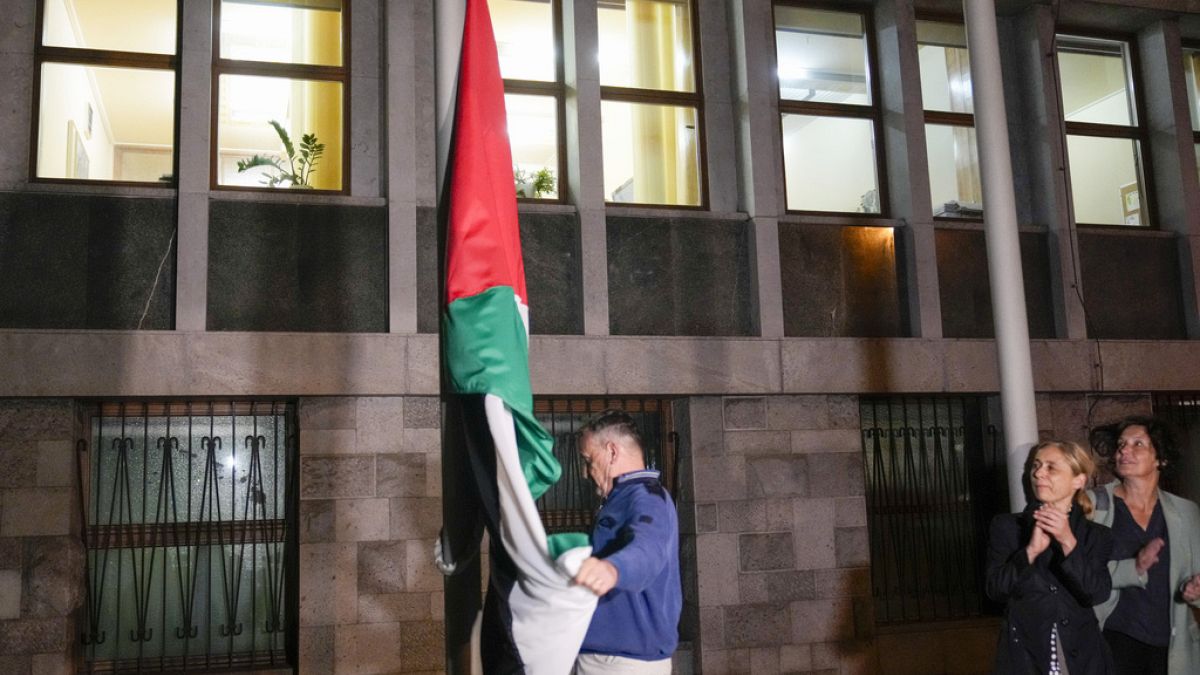In 2019, turnout in Slovenia was among the lowest in the EU. This year it’s expected to reach 40%.
The European Union election campaign in Slovenia has been dominated by national issues, such as health, economy, and the green agenda. Yet, in the last week of the campaign, the recognition of Palestine as a state took centre stage.
“The recognition of Palestine was what everyone was talking about. There were small differences even in the ruling coalition. They all wanted to recognise it,” Uroš Esih, a journalist at ‘Delo’ daily said.
Slovenian candidates will be running for nine seats in the European Parliament. Initial polls had been predicting a victory for the main opposition Slovenian Democratic Party. But the latest projections suggest a neck-and-neck between the governing Freedom Movement party and its rival, with three seats each.
Analysts view Sundays’ European elections as the first serious test for the government.
“The romance is over and now we are halfway through the first mandate. The disappointment or satisfaction of the voters will be much more realistic. They will give a much clearer picture of what Freedom Movement has actually managed to do until now,” Antiša Korljan, cofounder of political podcast LDGD, said.
In 2019, turnout in Slovenia was among the lowest in the EU. This year it is expected to reach 40%. During the EU elections, Slovenians will also cast their vote for three referendums on issues of cannabis, euthanasia, and preferential vote for the state parliament.
Watch the full report in the player above to find out more.

